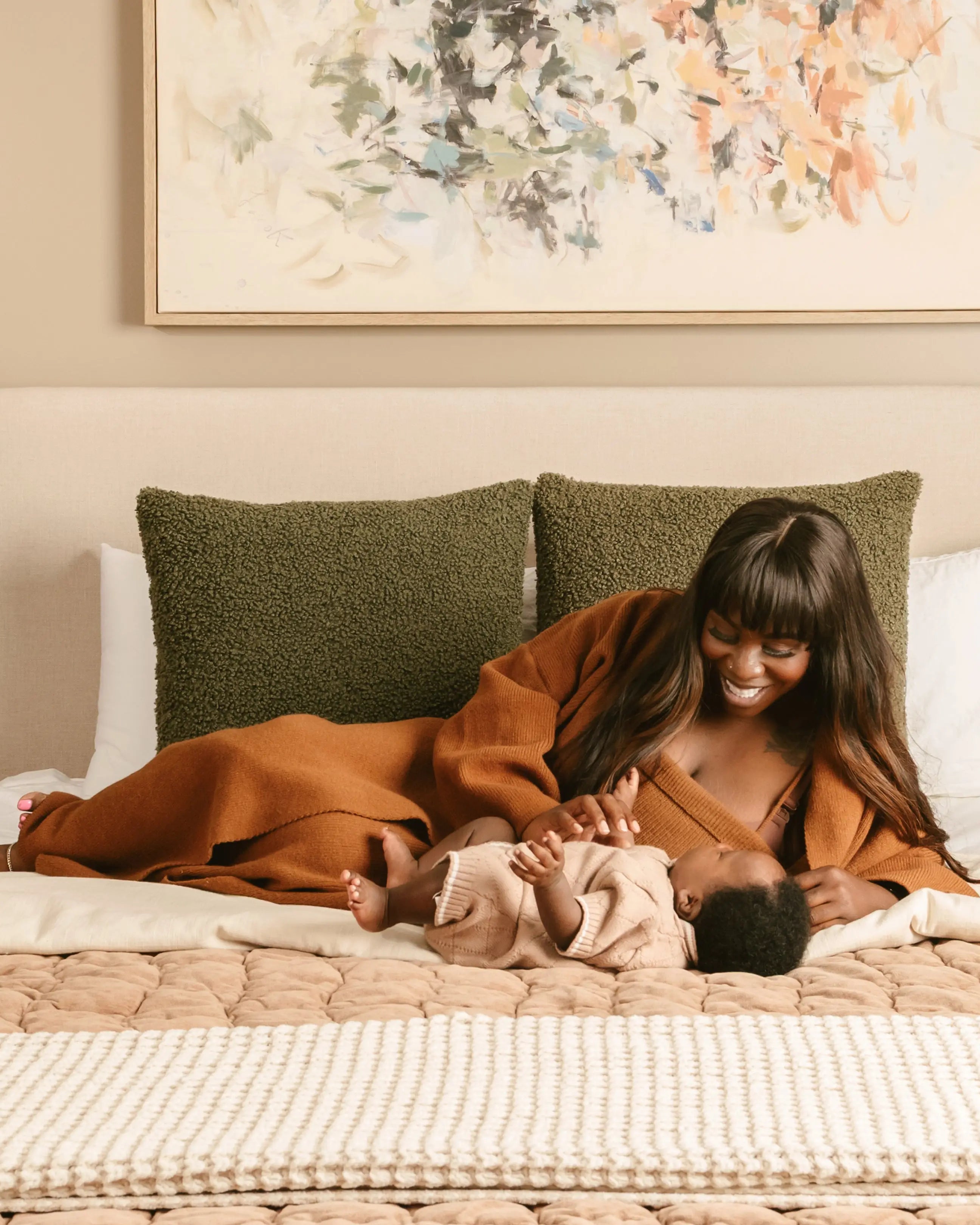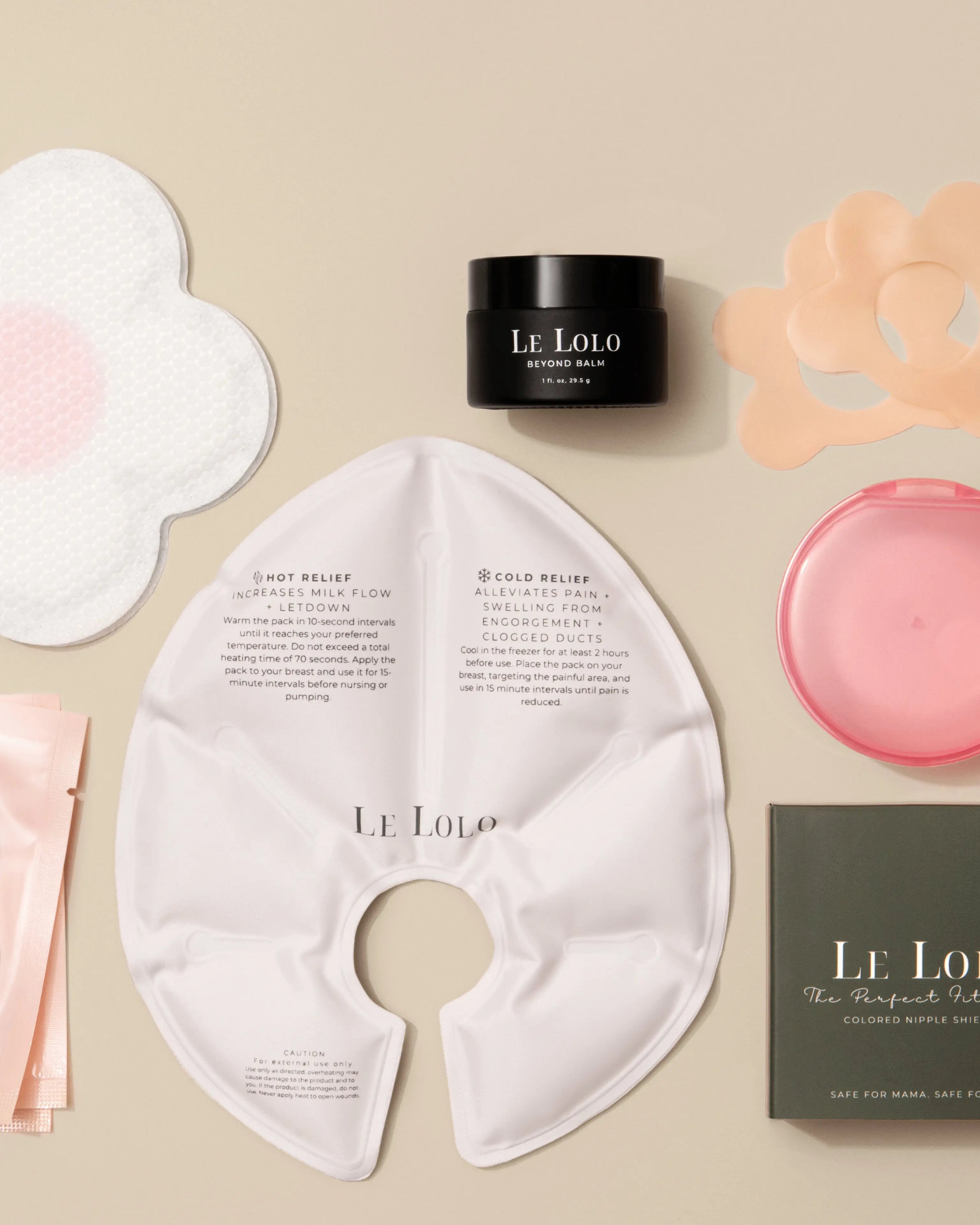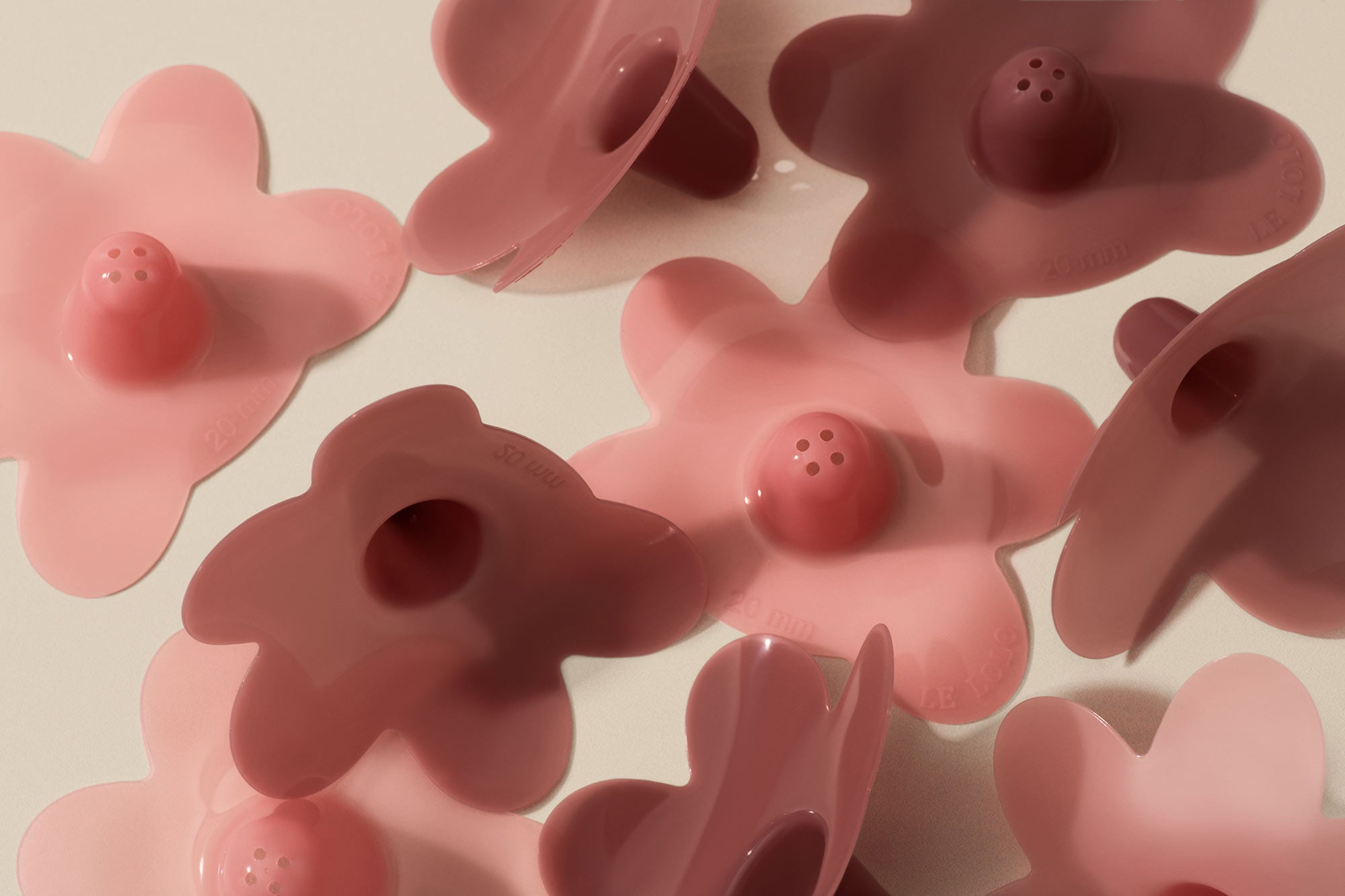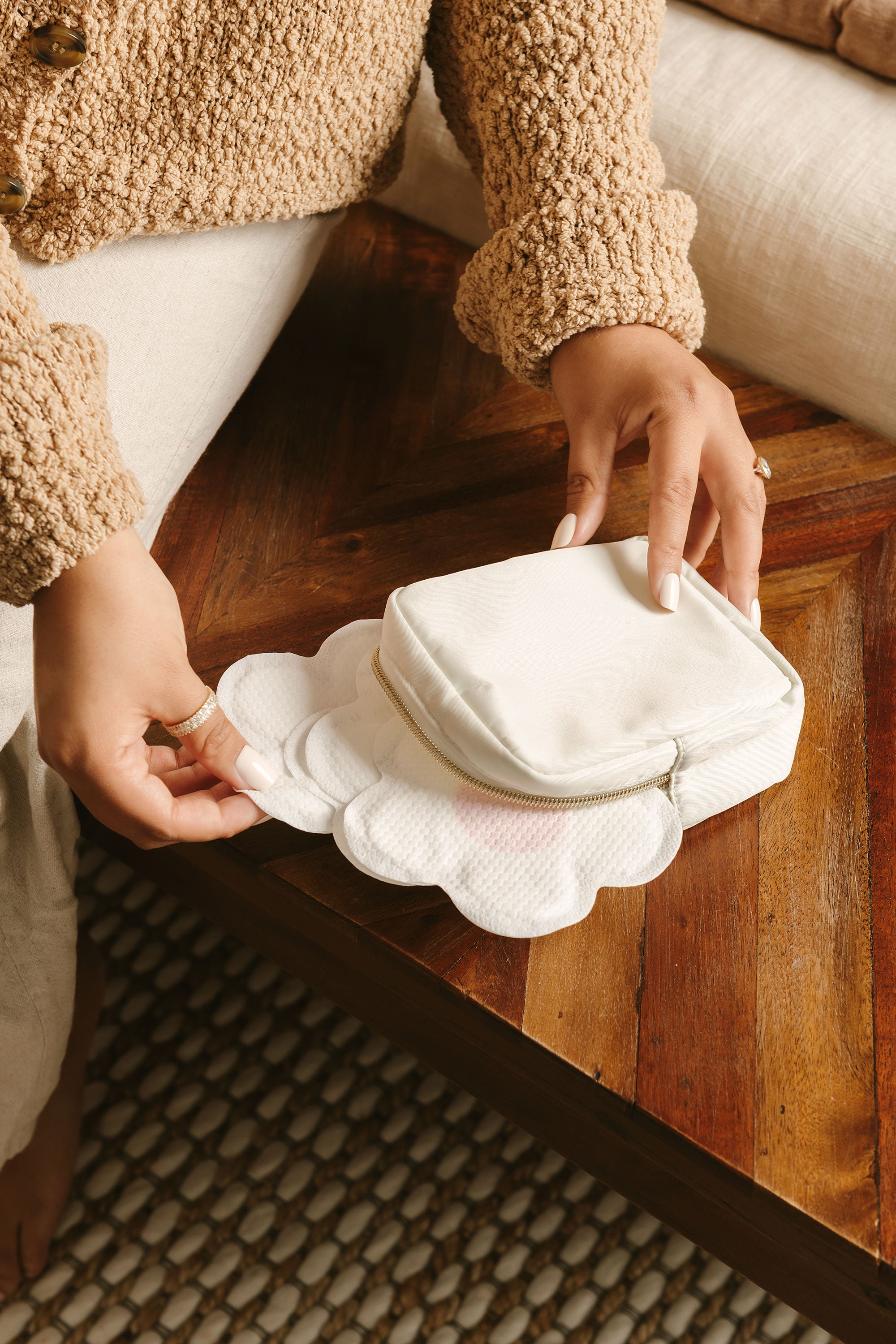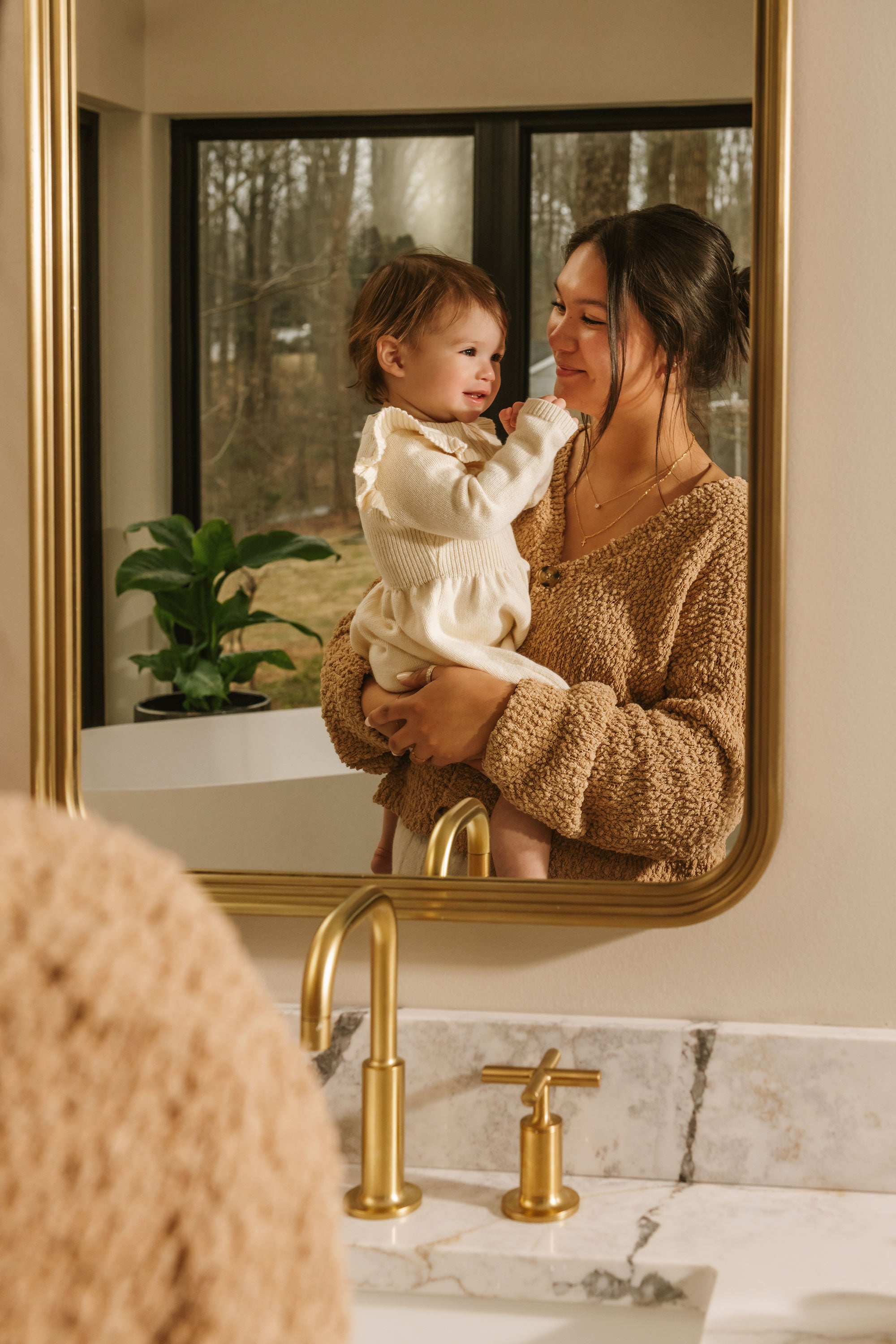As you navigate the twists and turns of caring for your precious little one, there's something truly special waiting for you: the connection of skin to skin contact and breastfeeding.
There is nothing better than those new baby snuggles, the smell of your new baby nestled close to your chest, and feeling your baby slowly breathe in and out as they sleep so peacefully. Let's dive in and discover why skin to skin is more than just a routine, it's an exchange that enriches both you and your baby.
Creating Bonds That Last a Lifetime
Close your eyes for a moment and envision this: your baby nestled against your chest, feeling the gentle rise and fall of your breath, the soothing rhythm of your heartbeat. In those tender moments of skin-to-skin contact, you're not just providing warmth; you're forging an unbreakable bond, a connection that will last a lifetime in the depths of your heart.
But it's not just about physical proximity; it's about emotional closeness. Breastfeeding during skin-to-skin contact amplifies that connection, as your baby finds solace in your touch, security in your scent, and reassurance in the sound of your voice. It's love, playing out in the most beautiful way.
Boosting Baby’s Health
Skin-to-skin contact is nature's way of ensuring your baby's well-being. It regulates their body temperature, stabilizes their heart rate, and synchronizes their breathing—all while enveloping them in a feeling of safety and comfort. And let's not forget the magical hormone oxytocin, flowing freely during these snuggle sessions, fostering relaxation, reducing stress, and deepening the bond between you and your little one.
And then there's breast milk, the liquid gold that nourishes that sweet new baby. It's a tailor-made elixir, teeming with antibodies, enzymes, and nutrients that boost your baby's immune system and shield them from illness. But it's not just about physical health; breastfeeding also promotes cognitive development, emotional security, and a sense of closeness that lays the foundation for a lifetime of love and trust.
Mommy Benefits, Too
The benefits don't end with your baby; they extend to you too, Mama.
Breastfeeding triggers a cascade of hormones that not only facilitate milk production but also promote postpartum healing. Oxytocin, the "love hormone," aids in uterine contraction, helping you recover more swiftly from childbirth. And let's not overlook the mental and emotional perks—breastfeeding has been linked to a reduced risk of postpartum depression and anxiety, thanks to those blissful bursts of oxytocin that leave you feeling calm, content, and connected.
And amidst the chaos of early motherhood, breastfeeding offers a moment of calmness, a chance to slow down, breathe deeply, and savor the precious bond you share with your little one. No bottles to sterilize, no formula to measure—just you and your baby, basking in the warmth of each other's embrace.
So, Mama, as you embark on this remarkable journey, remember the power of skin-to-skin contact and breastfeeding, and remember that here at Le Lolo we understand the importance, which is why we created a cutout in our colored nipple shield that promotes that beautiful skin-to-skin bond. We want you to embrace those moments of closeness that build the connection between you and your baby, and we never want you to have to second-guess yourself and your accessories if you choose to breastfeed using our colored nipple shields.
In a world filled with noise and distraction, cherish these quiet moments—the gentle touch of tiny fingers, the soft flutter of eyelashes against your skin, the rhythmic suckling that echoes the beat of your heart. For in these moments, you'll find the true essence of motherhood—the profound, unyielding love that binds you to your sweet baby, now and always.
Soon these will be the good ol’ days, so while the days seem long, embrace them because soon they will be gone.
